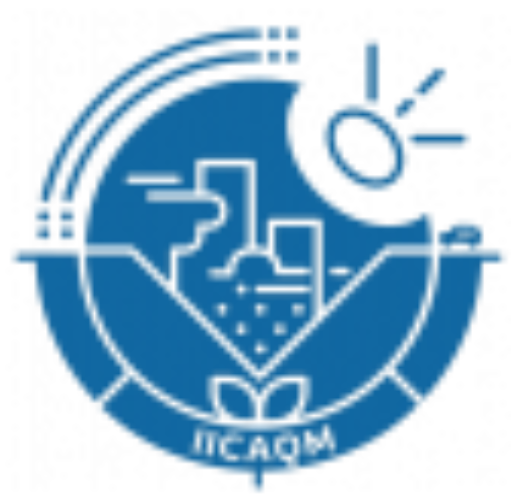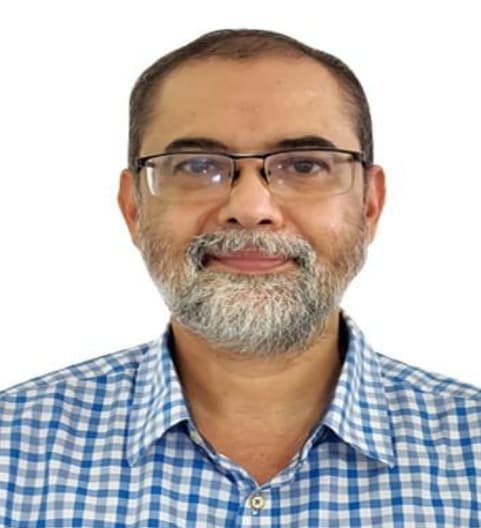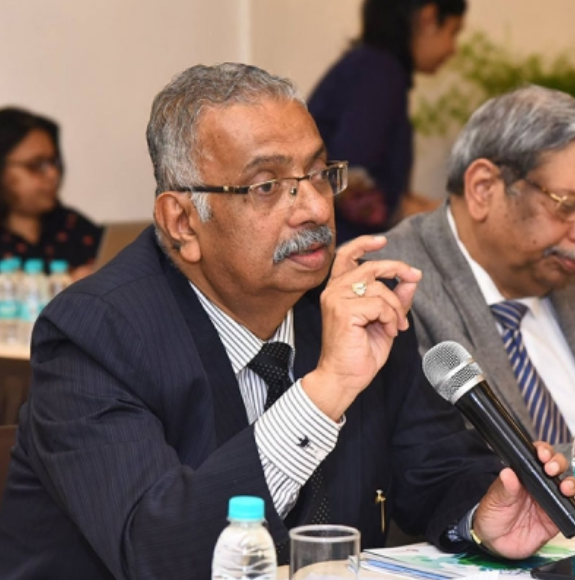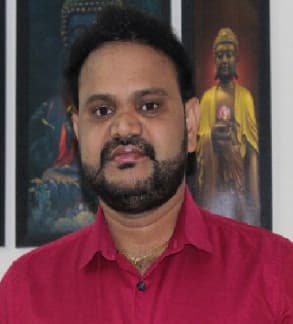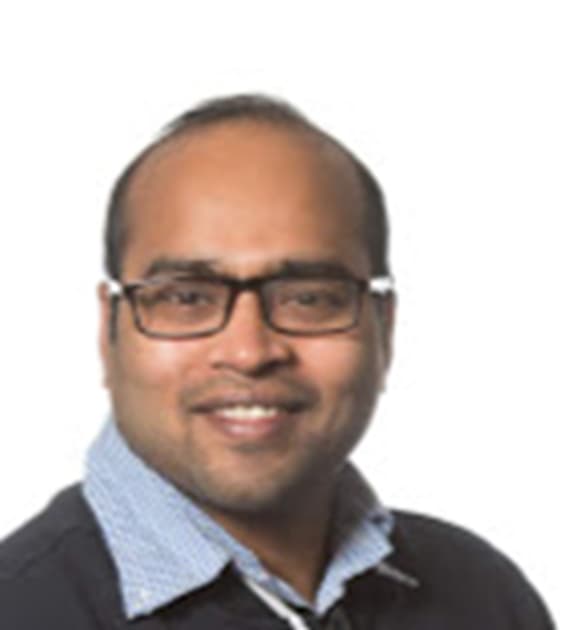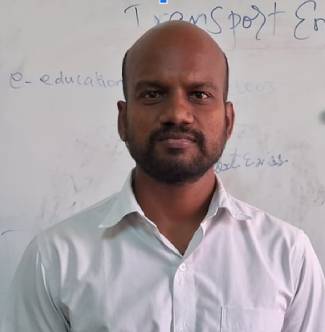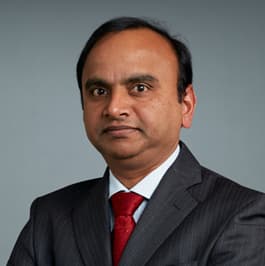Prof. Devendra Jalihal
IIT Madras
Effective calibration of low-cost sensor network using learning techniques
ABSTRACT
Advances in signal processing algorithms have made it possible employing low-cost sensors (LCS) for air quality monitoring thus offering offering high spatial and temporal resolutions. However, the reliability of LCS data is compromised by environmental effects and drift. This presentation introduces two innovative calibration models, namely “Estimated Error Augmented Two-phase Calibration (EEATC)” and “Sens-BERT,” developed to address these challenges in calibrating low-cost sensors for air quality monitoring.
EEATC leverages the combination of two established machine learning algorithms—regression, a linear model, and random forest, a classification model—through estimated errors. Empirical evidence demonstrates that EEATC effectively calibrates both stationary and mobile sensors. However, its limitation lies in transforming low-cost sensor values without learning the underlying data distributions, hindering its transferability to other uncalibrated sensors and neglecting calibration drift over time.
To overcome these limitations, we introduce Sens-BERT, a calibration approach based on BERT (Bidirectional Encoder Representations from Transformers). Sens-BERT first learns sensor measurement representations without relying on reference values, enabling the calibration of sensors with limited paired data. Since Sens-BERT captures the distributional characteristics of sensor data during training, it exhibits transferability. Additionally, a pre-trained Sens-BERT model for extended periods under different seasons addresses the calibration drift problem. We assess the transferability and recalibration efficiency of Sens-BERT using the CAIRSENSE dataset. Our research provides valuable insights to the ongoing efforts to enhance accuracy and reliability of LCS based air quality monitoring systems.
ABOUT THE SPEAKER
Devendra Jalihal has B.Tech (Hons), M. Eng. Ph.D, all in Electrical Engineering. He has been with the Electrical Engineering Department, IIT Madras since 1994 where he is presently a professor.
His research interests include digital signal processing, wireless communication, real-time voice and video communication, and applications of wireless technologies to modern societies. He has worked on a number of projects such as low bit-rate video conferencing, tactical communication system, disaster management communication system and satellite communication network. His present interests include power efficient communication system, technology aided education and efficient processing of Indian languages.
He is presently chair of the Center for outreach and distance education at IIT Madras.
